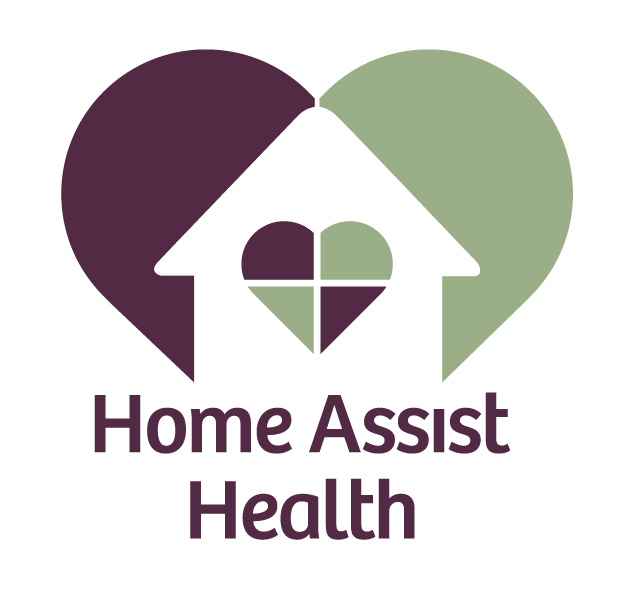 Did you know that September is Healthy Aging Month? For more than 20 years now, this month celebrating health is meant to provide inspiration and motivation for aging adults (45-plus) to improve their physical, mental and social well-being.
Did you know that September is Healthy Aging Month? For more than 20 years now, this month celebrating health is meant to provide inspiration and motivation for aging adults (45-plus) to improve their physical, mental and social well-being.
Understandably, during a pandemic like the one we are facing today, social distancing remains a high priority. However, your regular check-ups and doctor’s appointments are activities you shouldn’t avoid. According to recent research published by GoodRx, more than 75 percent of Americans have had some aspect of their healthcare disrupted due to Covid-19 and are canceling or delaying medical appointments. Delaying these important medical visits can lead to serious complications and can have negative consequences.
So what screenings are important?
Screenings are tests that physicians use to detect certain diseases or health conditions before any obvious signs or symptoms arise. Common screenings include:
- Cholesterol
- Heart disease
- High blood pressure
- Diabetes
- Cancers: Skin, Colorectal, Prostate, Breast, Lung and Cervical
Screenings should start at an early age so you can gauge your baseline.
Screening Guidelines
Cholesterol: As a general guideline, cholesterol should be below 200. If your cholesterol is 150 at age 22, then 180 at 25, you can see that there’s been a steady increase over the three years. It’s important to get checked out while you are young, so you have a point of reference.
Heart disease: A screening for heart disease is recommended when you are in your 20s. This can be done with a simple blood test at the same time your cholesterol levels are checked.
Blood pressure: Blood pressure screening should be taken annually, beginning at age 45.
Osteoporosis: Women should begin osteoporosis screenings no later than age 65.
Diabetes: Testing for diabetes should begin at age 45 and continue every three years.
What type of cancer screenings do I need?
Discuss with your primary care doctor which cancer screenings are appropriate for you. Although guidelines suggest that you have cancer screenings at some point in your life, screening tests may be done sooner or more frequently if you have a known risk factor such as:
- A personal history of cancer
- Two or more first-degree family members (parent or sibling) who’ve had cancer
- A gene mutation linked to a specific type of cancer
Your physician will help you decide which screening exams are right for you and when they make the most sense.
Skin cancer: Skin examinations should occur every three years between ages 20 and 40, and every year for anyone age 40 and older.
Colon cancer: Colon cancer screenings should begin no later than age 50, continue every five years until age 75.
Breast cancer: Starting at age 40, talk with your doctor about whether screening mammography is right for you. Starting at age 50, get a mammogram at least every other year. If you’re at high risk for breast cancer based on your personal or family medical history, or if you have a genetic breast mutation, talk to your doctor to see if you should also get other tests, such as breast MRI and ultrasound.
Prostate cancer: The American Cancer Society recommends men learn as much as they can about prostate cancer screening risks and benefits. Men at average risk of prostate cancer should have this discussion starting at age 50.
Lung cancer: The U.S. Preventive Services Task Force guidelines recommend an annual screening beginning at age 55 for people with a 30-pack a year history of smoking.
Cervical cancer: Cervical cancer screenings should begin at age 25. The best way to catch endometrial cancer early is by having a regular schedule of pelvic exams with your gynecologist. If your physician detects something suspicious, subsequent tests may be ordered and may include an ultrasound and endometrial biopsy to extract cells from the endometrium.
With cancer, early detection can save your life. Catching cancer early — before it’s had a chance to spread to other organs and before symptoms surface — can make it easier to treat and cure.
Let’s make September the month for screenings and get yourself checked out.
